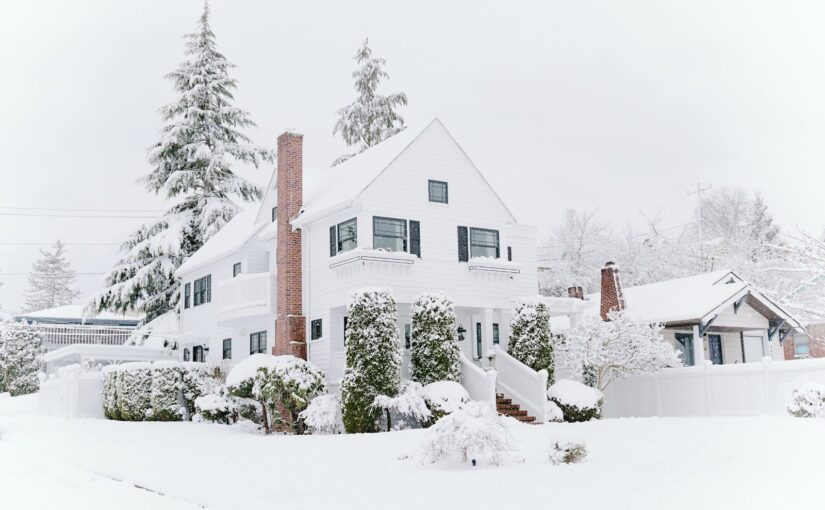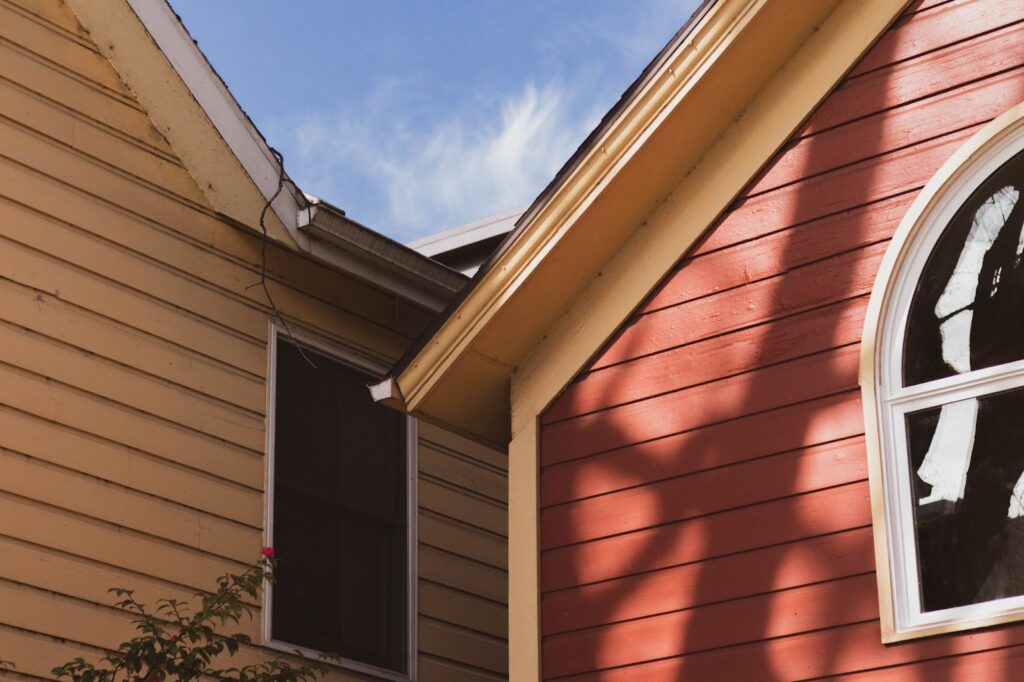The main difference between coliving and renting is that in coliving, multiple people live in the same space and share common areas, while in renting, an individual rents a private living space. Coliving typically offers a more communal and shared living experience, while renting offers more privacy and individual living space. Additionally, coliving often includes amenities such as housekeeping and community events, while renting may not.
Co-living and renting are two great options for everybody looking for space to live in New York City, but the confusing aspect is, knowing which one is the best and will suit your needs and style of living.
This article will explore every option alongside its pros and cons so you can choose the best that will fit you.
What is Co-living
Co-living is a concept of living that allows strangers to live together under the same roof to live a more affordable and social life. However, co-living is even more than sharing an apartment or house. Co-living has long made life easy for people, especially newcomers, to find where to live.
Co-living offers a simple and cheap life because it saves people from living hassles like bill payments, cleaning, furniture, and much more since it will be part of the rent payment.
Aside from this, most co-living apartment locations will allow you to meet new people, socialize, and even find managers that often check whether you have a quality sleep. In cities like New York, where things are costly, space is limited, and people want to live in a specific area, the co-living concept has brought a great solution to people.
However, it’s also important to note that not all co-living options are created equal. It’s important to do your research and find a reputable co-living provider. One such provider is SharedEasy, which offers a variety of co-living options in NYC.
Advantages of co-living
Co-living offers a lot of benefits, especially to people that can’t afford other living methods. These include
Co-living is far cheaper than traditional houses due to their way of living, with residents sharing places like kitchens and living rooms; this helps reduce bill costs and many more.
- It brings a sense of community
Co-living offers a sense of community. This is beneficial to people that don’t like living alone or don’t like living with anonymous neighbors.
- It offers social activities
In co-living spaces, neighbors get to know each other through social activities organized by people in the community.
Co-living is one of the best options for people who travel a lot or visitors who are under a tight budget. It also provides a flexible lease, and you can sublet when your housemate is away for a long time.
Disadvantage of co-living
One of the disadvantages of co-living is that you won’t have much privacy in your life.
Another disadvantage of co-living is that it can be noisy sometimes. This mostly gets extreme if your roommates or housemates are party pricks.
It’s inevitable to have some conflicts when living with strangers; to avoid this, everybody should be mindful of boundaries and be honest while communicating.
What is renting
Renting is also an option for individuals looking for places to live. Renting involves signing a lease and paying a rental fee to a landlord for the property. You can find numerous rental apartments in New York City, including studio apartments, large houses, and many more.
You can select a payment schedule that includes monthly or annually. Renting will provide flexibility about the location you want to live in, but renting is more expensive than co-living, and you will have limited control over property changes.
Advantages of renting
Compared to other living concepts, renting offers a lot of benefits. Some of them include
You will have a lot more privacy when you rent an apartment because you will be living alone. You can also control your living environment because you aren’t sharing your home with anybody. This point benefits people looking for a private lifestyle and valuing their personal space.
- Chances of building equity
Even though you don’t own the apartment you rented, you can choose to rent-to-own or participate in the lease-buying agreement, so you build equity in the apartment.
- Zero maintenance responsibilities
Another benefit of renting a property is that you don’t need to deal with the maintenance responsibilities of the house you rented because this is not your take but the landlords. This is also beneficial if you don’t want to experience any stress and maintenance expenses.
Disadvantage of renting
Even though renting has a lot of benefits, it still has some drawbacks to consider before moving.
Generally, renting is more expensive than co-living, especially if you want to live in urban regions. You must also pay pet fees and more secure payments.
Since you don’t share anything with other people, this often leads to a less sense of community. This cannot be easy, especially if you are used to living in areas with a good sense of community.
- No shared resources or responsibilities
Unlike in the co-living method, renters can’t share resources or responsibilities because they don’t even have housemates. This can increase their sense of isolation, and this can be difficult, especially for people used to communal settings.
Comparing co-living and renting
If you want to choose one between the two options but don’t know how to, here are some factors you should look at before making your decision.
Your budget is an essential factor to consider when choosing between the two options. Co-living is cheaper than renting an apartment, but still, you should look at the cost of both options, such as the rent, bills, and additional fees. Ensure to choose one that is more financially feasible for you.
The kind of lifestyle you want also matters. Co-living offers a social and communal environment, while renting provides more privacy and personal space. Do you usually entertain guests, or do you typically live alone all the time?
You should also look at your social preference before choosing any living concept. Do you like to share responsibilities with others, or do you want everything for yourself? Are you comfortable living with others, or do you prefer living alone?
Wrap up
Co-living and renting are both two good options to consider when looking for a perfect house to live in.
Both offer significant advantages; however, before you choose any of them, it’s best to weigh the pros and cons of each and look at things like your budget, the kind of lifestyle you prefer, and your social preference.













